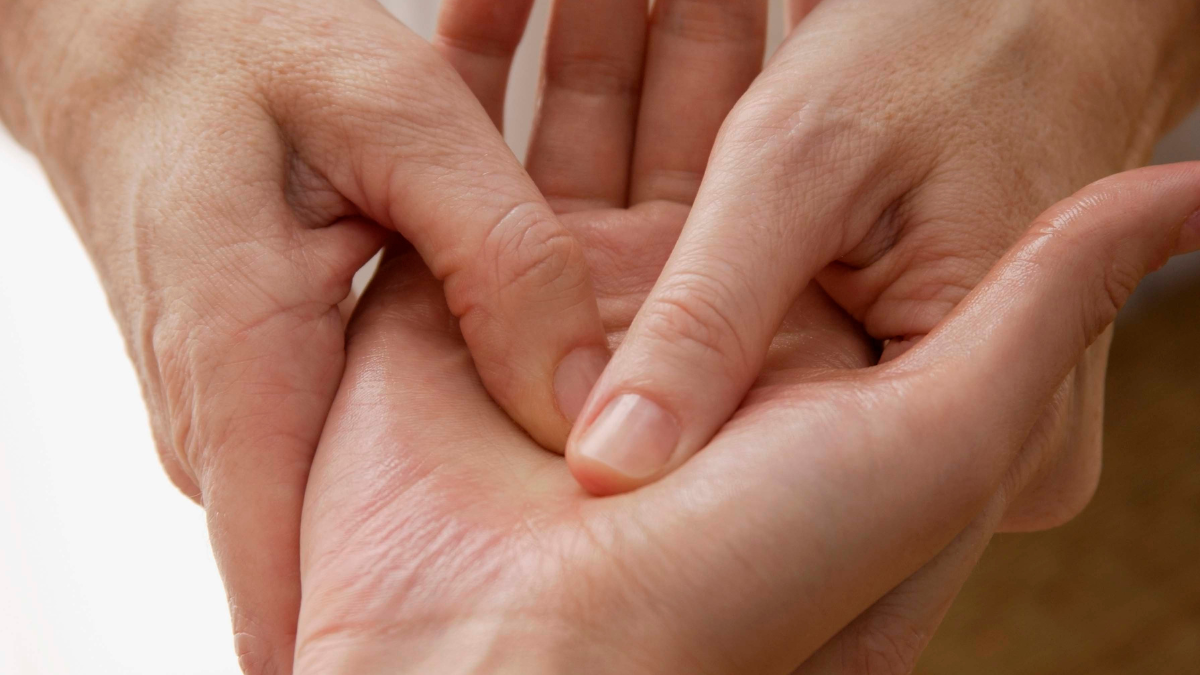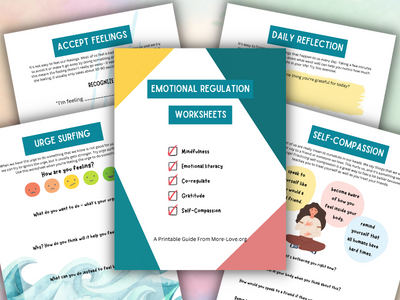
by Melainie Rogers, MS, RDN, CDN, CEDRD
When you have a child recovering from an eating disorder, the holidays are often layered with uncharted stressors and unpredictable situations. What we envision to be festive, convivial gatherings may evoke tension, anxiety and a myriad of complex emotional reactions. As parents, we struggle to protect our children from emotional triggers while navigating the confusing, often heartbreaking territory that is recovery.
As a dietitian, recovery expert, and owner of BALANCE Eating Disorder Treatment Center in New York City, I’ve compiled a few tips for supporting your child or teen in recovery over the holidays. They won’t guarantee a stress-free holiday season, but they will help you feel more equipped to combat the inevitable challenges the season brings to you and your child.
Give these printable worksheets to grow more confident, calm and resilient and feel better, fast!
- Self-Esteem
- Self-Regulation
- Mindfulness
- Calming strategies
1) Set realistic expectations
It’s natural to hope your child will continue on a linear recovery path right through the holidays–after all, it should be easier with the support of family and time off from school pressures, right? Not so. The holidays can be a time laden with emotional triggers: complex family relationships, changes in normal routine, multiple social events many of which center around food & drink, and unsolicited and sometimes harmful comments (albeit generally unintended) by others. Any of these factors can elevate stress and increase anxiety. Our natural response to increased anxiety is to fall back on habitual coping mechanisms and that can sometimes mean engaging in eating disordered behaviors.
It’s important to set realistic expectations for both your child’s experience during the holidays as well as for the level of influence you’ll have over their recovery. If you hold onto unrealistic expectations, you’ll set yourself up for feelings of frustration and disappointment. Remind yourself that backsliding and feeling stuck are natural steps in the process of recovery, and are by no means reflections on your parenting.
Watch perfectionism: The holidays are a time when there can be added pressure for “everything to be perfect” and for “everyone to get along.” Use extra care in managing your expectations. Do not expect things to be magically different or for your child’s eating disorder to suddenly disappear just because it’s holiday time. Some parents may hold the false belief that their son or daughter isn’t “trying hard enough” and feel frustrated and angry by the eating disorder. This is normal but be aware when you are experiencing such reactions and keep your expectations for yourself and for your child reasonable.
2) Make a game plan together
Don’t wait until family arrives before making a holiday recovery plan with your child. Work together to anticipate stressors and see how you can best support your child’s recovery journey remembering that your child is out of routine and presented with unique challenges.
For example, if your daughter states she absolutely cannot have stuffing or dessert, consider coming to a place of compromise where there might be a “safe” stuffing or dessert alternative she’d be willing to try. Revisit recovery goals and see where your child can incorporate challenges when feeling empowered to do so.
Anticipate triggers together that might cause anxiety for your child. For example, does Uncle Bill like to comment on weight? Does cousin Jennifer always talk about her latest diet? Will overwhelming subjects such as college applications or SATs be brought up? If you are able to anticipate these situations beforehand and prepare accordingly you will be navigating less of a minefield and will be on steadier footing.
Give these printable worksheets to grow more confident, calm and resilient and feel better, fast!
- Self-Esteem
- Self-Regulation
- Mindfulness
- Calming strategies
Additionally, discuss self-care: this could mean removing oneself from the environment when it all becomes too much, inviting a friend to events, or permitting a reliance on safe foods during this tenuous, vulnerable time. If your child is working with a therapist or dietitian, consider meeting with the treatment team to come up with a plan together. That way you can ensure your child is still striving toward her recovery goals, while feeling safe and supported within your relationship.
3) Communicate and Listen
Did the plan you and your daughter made to have some pumpkin pie turn into an argument that ended in tears? Did Aunt Jessie comment about how “everyone will need to go on a diet” after the holiday? Inevitably, everything will not go according to plan and you will not be able to control others’ behavior. Make sure that communication stays open and encourage your child to come to you when feeling vulnerable. Emphasizing to your son or daughter that you’re an ally in their recovery process and are asking for nothing other than openness will not only leave them feeling supported, it will help mitigate your own feelings of anxiety and helplessness.
Just listening without reacting to your own internal fears and anxieties is one of the most difficult things a parent can do. Fight the tendency to become reactive and engage in a power struggle with your child. Keep the door open and don’t build walls that block communication. Breathe, think things through and speak to others who can support you before responding at the moment.
4) Plan non-food oriented activities as an alternative to traditional holiday events
It’s evident that social & family events based on food are numerous during the holiday season. For those who are engaged in the process of recovery some of the most stressful occasions can be a meal or an event centered on food. To counter this, take the emphasis off of eating and drinking and plan a variety of different activities.
For example, make ornaments and create homemade crafts that can be given as gifts, volunteer for a local charitable organization which provides an opportunity to help others, go to the movies (there are many during the holiday season), enjoy a music concert, play board games, or plan activities with younger children such as playing in the snow or reading stories together.
Keeping the focus on pleasurable and stimulating activities and sharing time with loved ones is a reliable antidote to the power the eating disorder can reap during this period.
Give these printable worksheets to grow more confident, calm and resilient and feel better, fast!
- Self-Esteem
- Self-Regulation
- Mindfulness
- Calming strategies
5) Seek your own support and practice personal self-care
Supporting a child in recovery can be a heartbreakingly depleting experience. Don’t let your own wellbeing go by the wayside while tending to your child. Speak to a therapist for professional guidance and talk regularly with your partner, a friend or loved one in whom you can confide. Attend a support group or seek online support and connect with other parents who are coping with a child with an eating disorder. It’s so important to know that you are not alone and to feel supported. Remember you won’t be able to support your child if you’re emotionally burned-out, so take time for yourself and do what recharges you.
Get plenty of rest, keep your own routines going whether that be a morning walk, a cup of coffee and some quiet time reading the paper at a local café, or practicing yoga or meditation. Carving out time for yourself is tremendously restorative and provides good role modeling for your child. Self-compassion is another vital element of self-care so think about extending the love and compassion to yourself that you normally direct to your child and to other loved ones in your life.
Finally, bask in moments of connection with your child when the eating disorder isn’t putting a wedge between you. Depending on where your child is in his or her recovery, those moments may be few and far between; so take them as the gifts that they are, and trust that with the right support 2017 will be filled with deepened connection and continued healing.
Melainie Rogers, MS, RDN, CDN, CEDRD is a Certified Eating Disorder Registered Dietitian and accredited supervisor in the treatment of eating disorders. She is the Founder and Executive Director of BALANCE eating disorder treatment center™ and Melainie Rogers Nutrition, LLC in Manhattan. Among her many affiliations Melainie is the founder and recent past President of the New York City Chapter of the International Association of Eating Disorder Professionals (IAEDP) and currently an Advisory Board Member at the Center for the Study of Anorexia and Bulimia (CSAB). Website



























